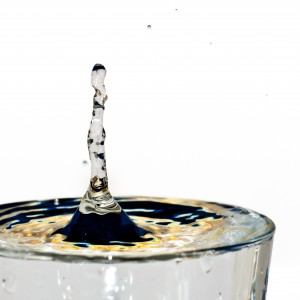 The MicroCystest plate kit has been recently evaluated within the Environmental Technology Verification (ETV) Program. The E.P.A. supports the ETV program to further environmental protection by accelerating the acceptance and use of improved and cost effective technologies.
The MicroCystest plate kit has been recently evaluated within the Environmental Technology Verification (ETV) Program. The E.P.A. supports the ETV program to further environmental protection by accelerating the acceptance and use of improved and cost effective technologies.
Microcystest kit is a rapid enzymatic test for detection of microcystins in drinking and recreational water. Microcystins are a group of hepatotoxins produced by cyanobacteria during and after blooms in water bodies, as a result of eutrophication. They are considered the most harmful cyanotoxins due to their natural abundant and potent toxicity. Incidences of animal and human fatalities caused by microcystins have led the World Health Organization to introduce a provisional upper limit of 1 µg/L in drinking water.
The toxicity of microcystins is associated with the inhibition of protein phosphatases 1 and 2A enzymes, which can lead to hepatocyte dysfunction. MicroCystest kit uses this inhibitory reaction for determination of the microcystins concentration by means of a microtiter plate and a colorimetric substrate. The enzyme hydrolyses the substrate and the product can be determined by an absorbance measurement at 405 nm. As the ability of the PP to hydrolyse the substrate depends on the presence of microcystins in the samples, the toxin concentration can be calculated by using a standard curve.
MicroCystest is the first and only commercially available kit based on the inhibition of the PP2A activity by microcystins, and therefore able to detect all potential toxic microcystins present in the sample (over 80 different varieties of MCs have been described up-to-day).
www.epa.gov/etv
U.S. Environmental Protection Agency
Environmental Technology Verification

